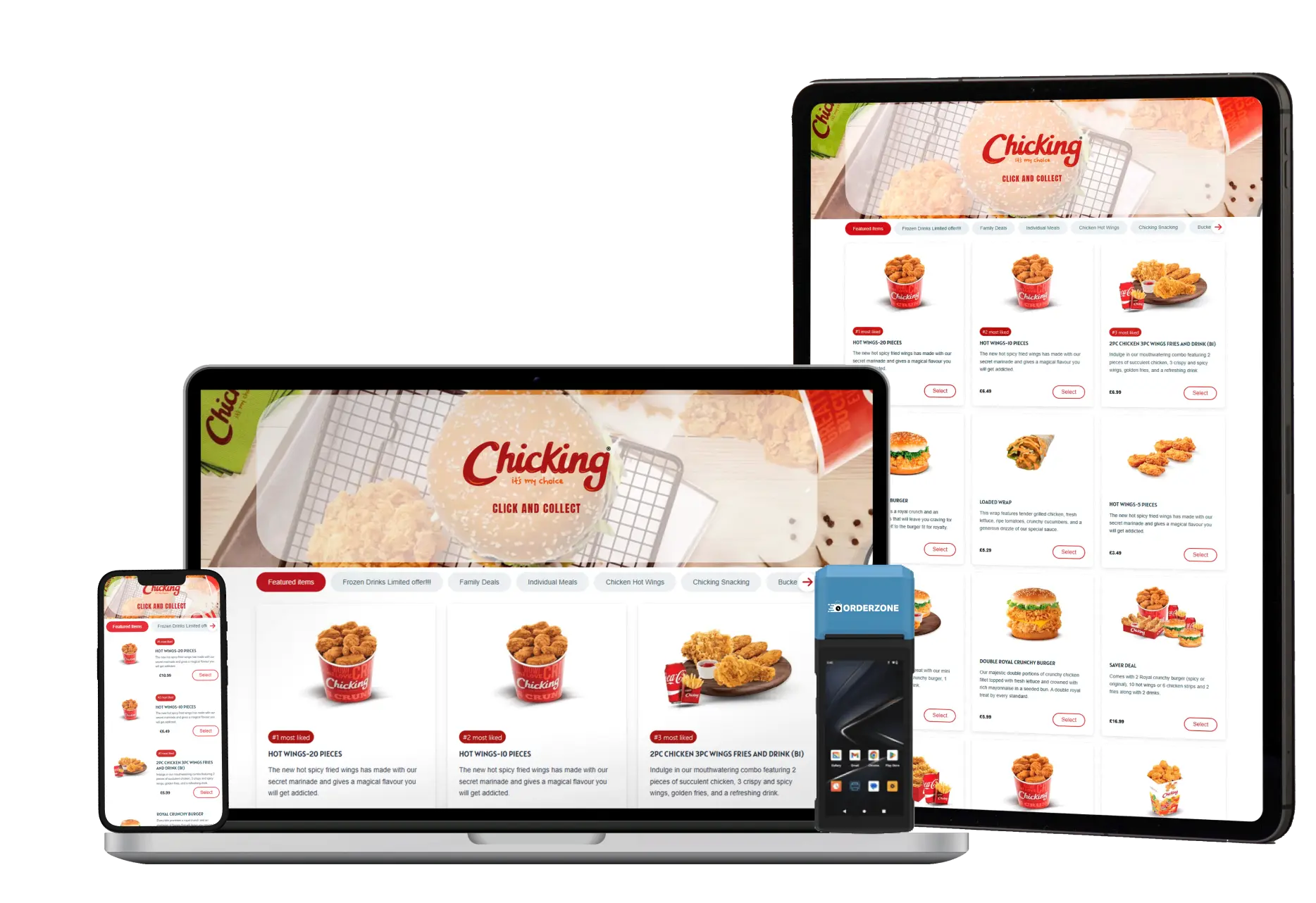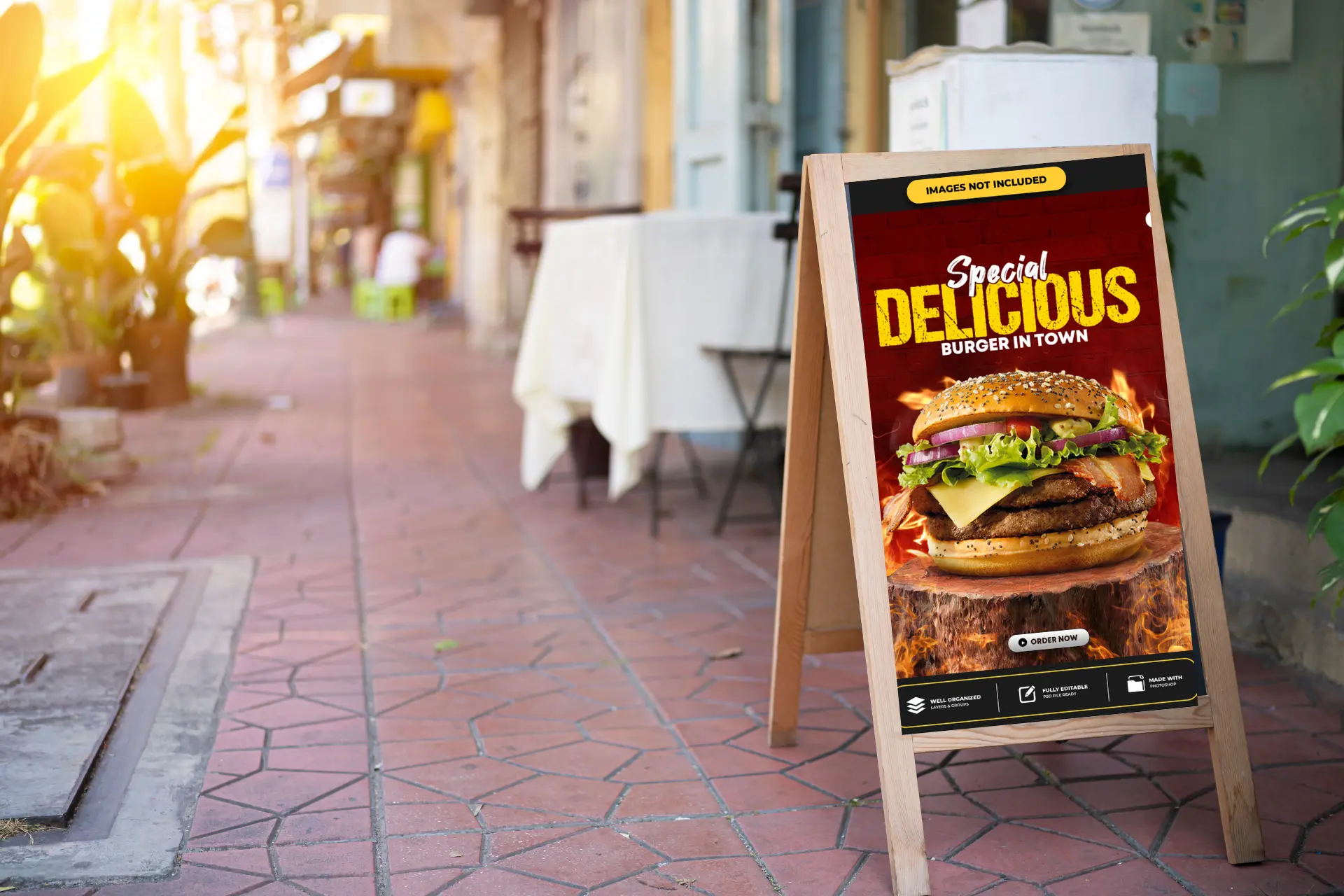Managing a restaurant comes with a lot of responsibilities. In this post, we’ll look at the best restaurant management strategies that managers should know succeed in the restaurant sector.
What Makes a Great Restaurant Manager?

Managing a restaurant is one of the most significant jobs in the restaurant industry. A great restaurant owner needs top-level communication, leadership, and organizational skills to keep their staff and customers happy.
Employees that are satisfied with their jobs perform better. Aside from day-to-day business activities such as budget management, marketing, cash flow monitoring, and ensuring everything goes smoothly, a great restaurant manager understands the needs of both customers and employees.
Restaurant owners rely on their managers to maintain high standards and foster growth. Overall, your ability to balance the needs of employees, customers, and the business results in a successful and efficient working environment. But let’s go a little deeper.
👉 Related article: Restaurant Expansion Strategy: Tips How to Grow a Restaurant Business
Consistency in Management
Consistency is crucial to your success in restaurant management. It entails maintaining consistent standards and expectations throughout all sectors of operation. You should strive to establish open lines of communication so that all employees have a thorough understanding of their roles and responsibilities and are promptly informed of any changes in policies or procedures. Regular meetings and feedback sessions can help resolve issues and keep everyone on the same page.

Maintaining Rules and Expectations
Investing in Technology
Today’s food service industry is technologically advanced. In fact, it’s nearly hard to carry out your daily tasks without it. So, if you want to manage restaurant workers efficiently while simultaneously keeping track of meal quality, customer complaints, labor costs, food costs, and restaurant marketing, you’ll need some serious help.
The good thing about managing a restaurant in this day and age is that you can focus on the more rewarding aspects of the job, like ensure excellent customer service, coming up with fun promotions or giving your staff more one-on-one attention so that everyone’s taken care of.
Online Ordering Systems for Improved Order Management
Approximately 70% of clients prefer to order food online and have it delivered. Restaurants are required to employ numerous online ordering apps such as Orderzone, DoorDash, and GrubHub in order to remain competitive. This provides a new problem for controlling cash flow and keeping track of all orders.
Incorporating a food ordering system allows you to:

Online Ordering
Get Your Restaurant Online with Orderzone
- Sell food directly to your customers and save a lot of money on commissions.
- Manage all third-party orders in one place.
- Connect to your current POS system.
Tools for Scheduling and Management
Scheduling software can help you develop and manage employee schedules more efficiently, eliminating disputes and guaranteeing appropriate coverage during peak hours. Management tools are also useful for tracking staff performance, managing inventory, and processing payroll. You can use a restaurant schedule template to design one that is tailored to your own establishment.
Food Safety and Hygiene in the Restaurant Industry
Hands-on Experience & Staff Retention
A successful restaurant manager must also have practical experience. After all, maintaining positive relationships with both the staff and the patrons is one of the main duties of restaurant management.
Strategies for Hiring and Retaining Staff
To establish a dependable team, use smart hiring tactics. Look for applicants who not only have the necessary abilities but also fit into your restaurant’s culture. Once employed, prioritize thorough training and development programs to ensure that employees are well-prepared for their responsibilities.
Customer Satisfaction
Customer satisfaction is an important factor that can make or break your restaurant management career. As you surely know, when a customer is dissatisfied with the service, they will contact the restaurant management rather than the chef or the owner.
It is up to you to maintain a cheerful attitude and do all necessary to make the customer happy while not risking staff relationships.
Effective Restaurant Marketing Advertising
The restaurant industry has always been fiercely competitive in terms of marketing and promotion. Most restaurant management roles will demand a solid understanding of marketing and advertising. In essence, you are accountable for the success of your location. You must be able to use all of the resources at your disposal to increase income and achieve your restaurant objectives.

